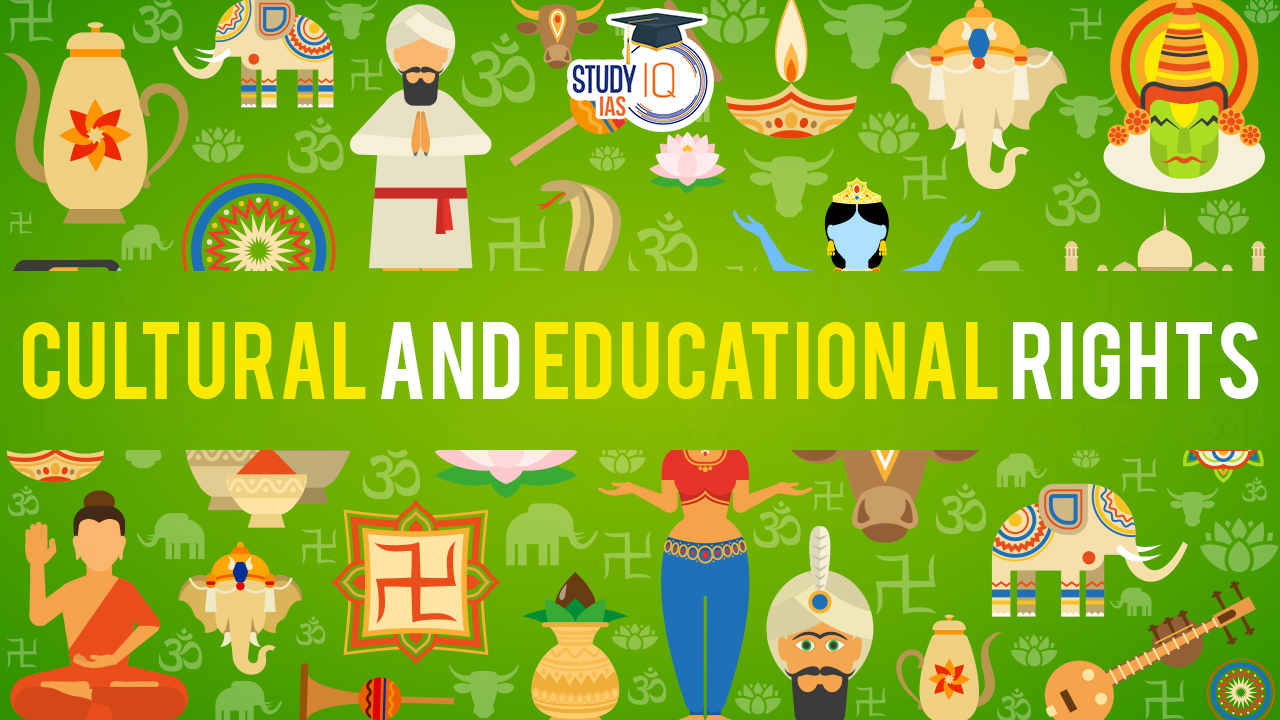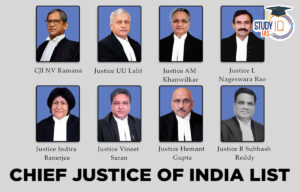Table of Contents
Cultural and Educational Rights
India, as a diverse and pluralistic nation, recognizes the importance of preserving its rich cultural and educational heritage. These rights are an integral part of the fundamental rights enshrined in the Indian Constitution. Let’s delve into the essence of these rights and how they safeguard the interests of minorities in the country.
Cultural and Educational Rights Article
Article 29 – Protection of Interests of Minorities: Article 29 of the Indian Constitution is a cornerstone in preserving the cultural identity of minority groups. It grants any section of citizens with a distinct culture, language, or script the right to conserve and protect their unique heritage. Additionally, Article 29(2) ensures that educational institutions, whether state-maintained or aided, do not discriminate against individuals on the basis of factors such as race, religion, caste, or language.
Article 30 – Right of Minorities to Establish and Administer Educational Institutions: Article 30, often referred to as the “Charter of Education Rights,” empowers religious and linguistic minorities in India. It grants them the essential right to establish and manage their educational institutions of choice. This provision ensures that minority communities have the autonomy to shape and preserve their educational traditions without facing
Cultural and Educational Rights of Minorities
These constitutional provisions in India exemplify the nation’s dedication to preserving its cultural and educational diversity. These rights extend beyond safeguarding traditions; they are a testament to India’s commitment to providing equal opportunities for all, regardless of their backgrounds. They reflect the country’s profound respect for its multifaceted identity, wherein every community enjoys the freedom to safeguard, nurture, and share its cultural heritage and knowledge. In doing so, India’s Constitution actively promotes inclusivity and unity within its vibrant tapestry of cultures and languages.
Cultural and Educational Rights UPSC
The topic of Cultural and Educational Rights is of paramount importance for UPSC aspirants as it aligns with the UPSC syllabus, covering fundamental rights enshrined in the Indian Constitution. A thorough understanding of these rights is crucial for both the UPSC Prelims and Mains examinations, as they form a significant portion of the syllabus. Aspirants can prepare such topics from UPSC Online Coaching platforms and attempt UPSC Mock Tests to have firm hold on such topics.


 Waqf Act (Amendment) 2025: Key Highlight...
Waqf Act (Amendment) 2025: Key Highlight...
 Justice BR Gavai will take oath as 52nd ...
Justice BR Gavai will take oath as 52nd ...
 Right To Information Act, Objective, Fea...
Right To Information Act, Objective, Fea...





















